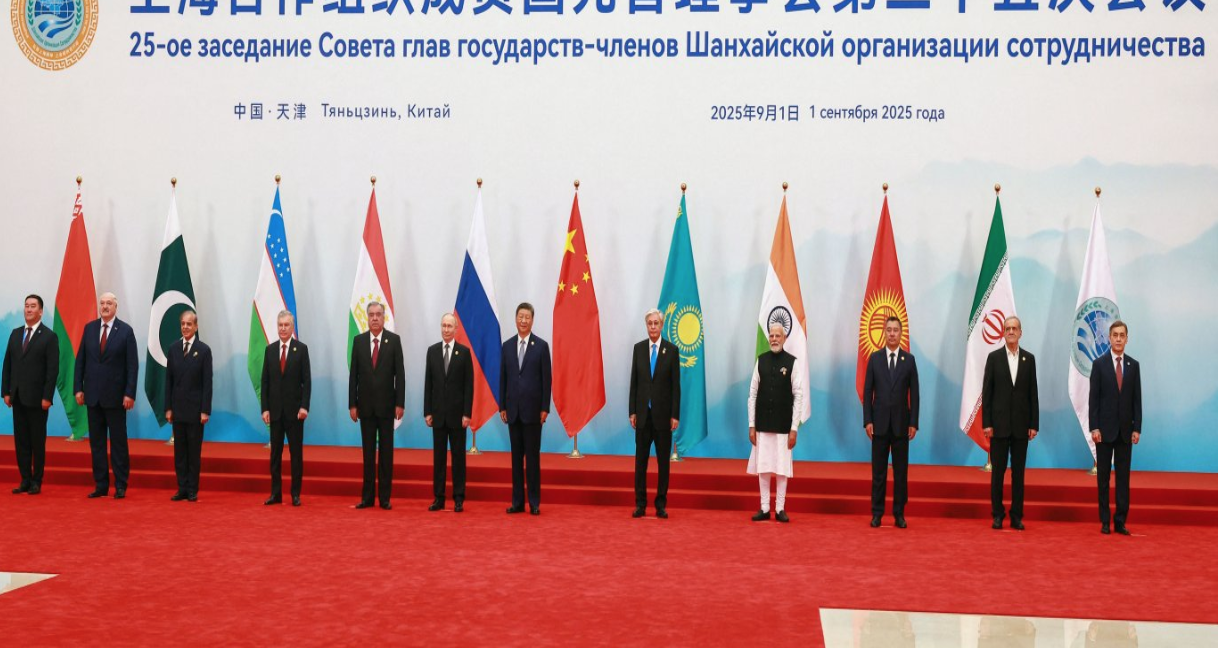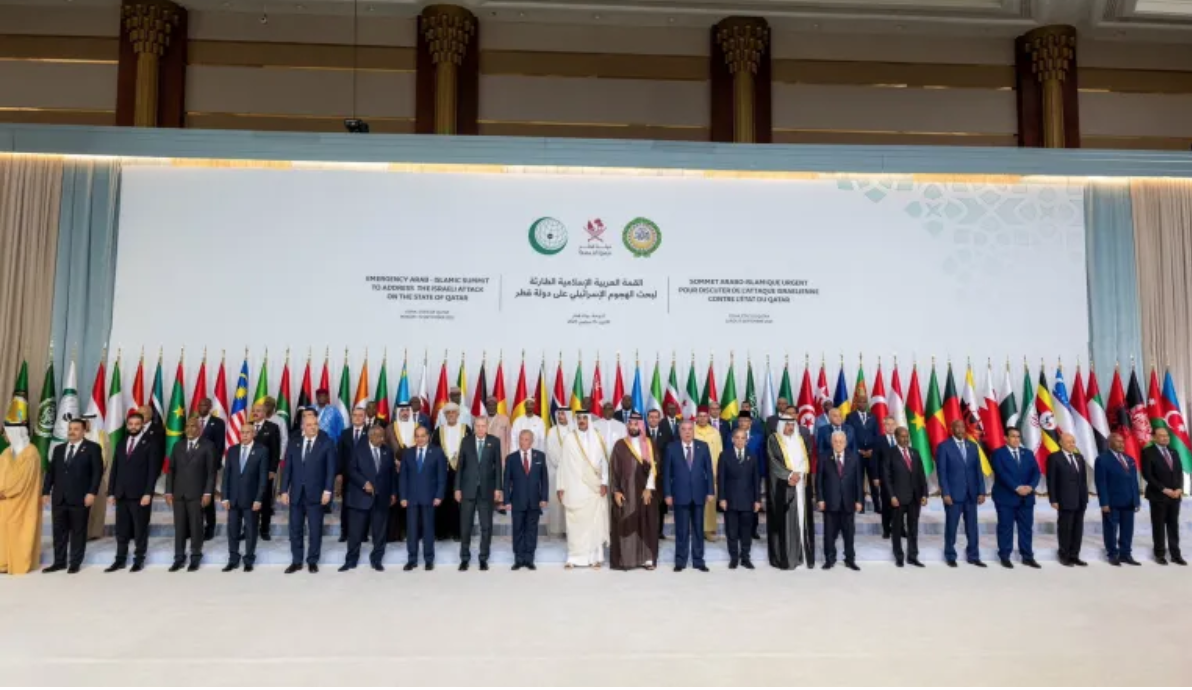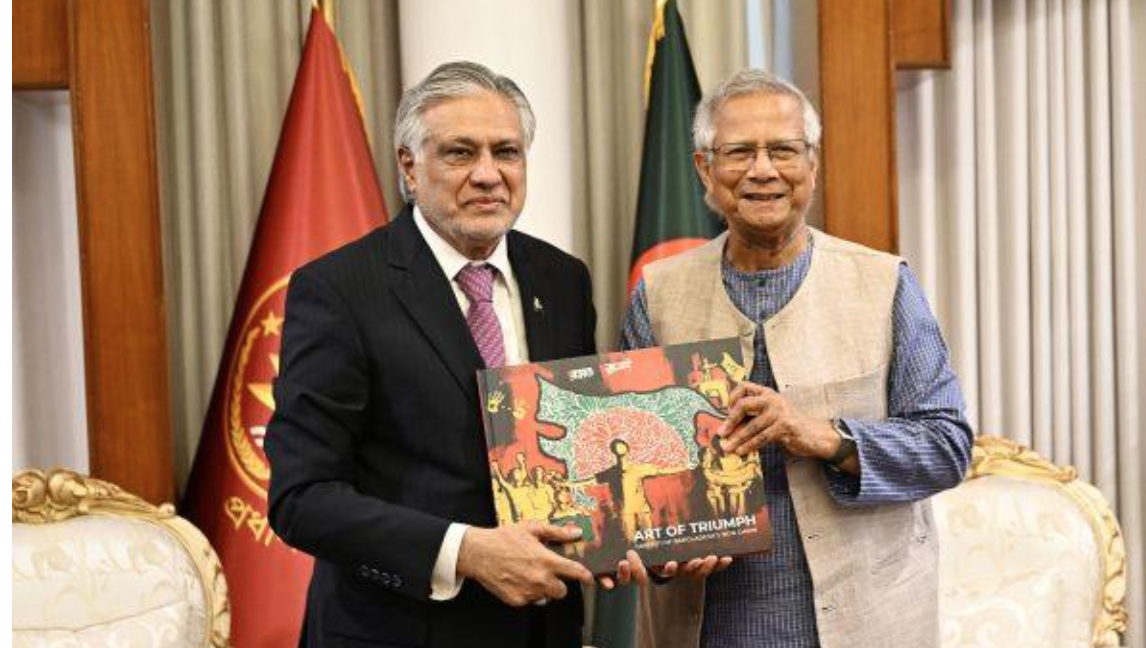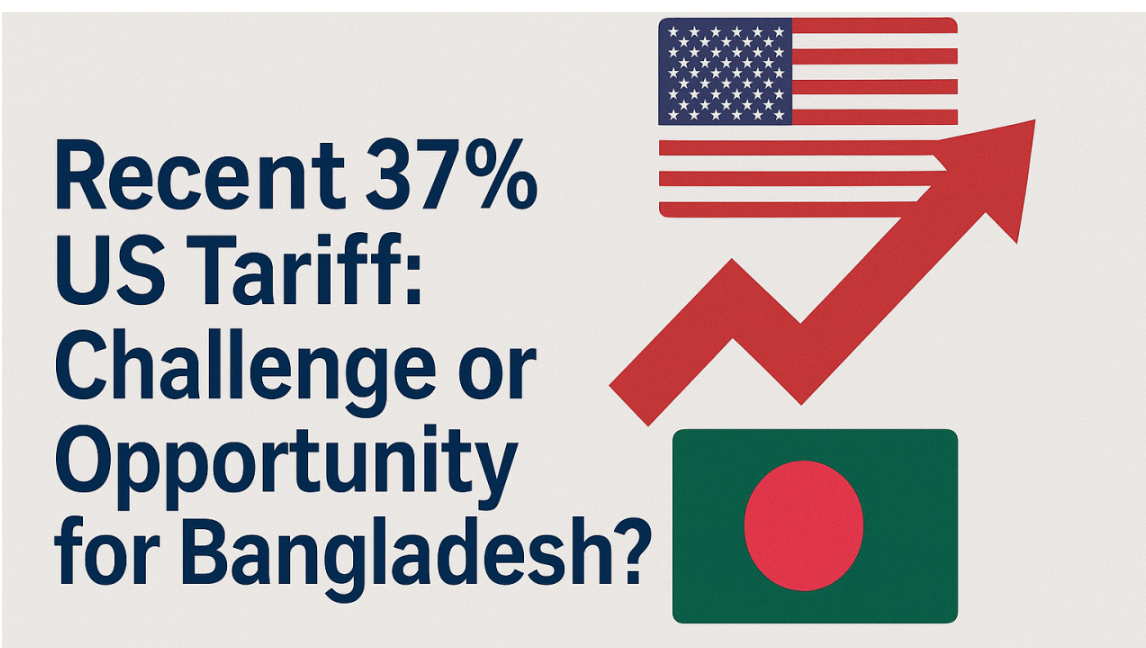The 2025 Shanghai Cooperation Organization (SCO) Summit, held in Tianjin, signifies a defining moment in the evolution of regional and global governance within an increasingly multipolar world order. Since its establishment in 2001, the SCO has expanded from a regional security bloc into a broad-based intergovernmental organization encompassing China, Russia, the Central Asian republics, India, Pakistan, and, as of 2025, Iran and Belarus. This expansion not only illustrates the organization’s growing geopolitical reach but also underscores its significance as a vital platform for dialogue and coordination among major Eurasian powers. The 2025 Summit assumes particular significance given the shifting dynamics of global politics, the contestation of Western-led institutions, and the search for new frameworks of cooperation that reflect diverse regional interests.
Four overarching themes dominate the summit’s agenda: regional security and counterterrorism cooperation; connectivity and trade expansion; energy collaboration and sustainable development; and the strengthening of multilateralism in a multipolar international system. Politically, the SCO functions as a mechanism for consolidating multipolarity and enhancing strategic autonomy among its members.
The China-Russia partnership remains central to its leadership, while the inclusion of India, Central Asian states, and newly admitted Iran and Belarus adds further depth and diversity to its geopolitical architecture. The summit emphasizes collective dialogue over confrontation, promoting balance and stability within Eurasia’s complex security landscape.
Economically, the SCO underscores the need for integration with China’s Belt and Road Initiative (BRI), aiming to promote infrastructure connectivity, trade liberalization, and energy cooperation across member states. The discussions highlight the potential for developing trade and investment corridors that enhance regional economic interdependence, while encouraging sustainable and digital economies that address the challenges of globalization and technological transformation. Energy cooperation, particularly in oil, gas, and renewable sectors, remains a priority as members seek to ensure long-term energy security and transition toward greener development pathways.
On the security and strategic front, the SCO continues to prioritize counterterrorism under the Regional Anti-Terrorist Structure (RATS), which serves as a platform for intelligence sharing and joint exercises. The instability in Afghanistan remains a pressing concern, with member states emphasizing the need for coordinated regional responses to prevent cross-border spillover effects. Moreover, the summit discusses cybersecurity, transnational crime, and the emerging threats of hybrid warfare—calling for a more institutionalized regional security framework that enhances resilience and collective action.
Nevertheless, the organization faces several internal challenges and contradictions. Diverging national interests, particularly between China and India, as well as Russia’s evolving global posture, create strategic frictions that often impede consensus-building. Additionally, the SCO’s limited institutional enforcement mechanisms and overlaps with other regional frameworks such as BRICS, the Collective Security Treaty Organization (CSTO), and ASEAN-led initiatives raise questions about its operational coherence and long-term effectiveness.
For Bangladesh and other countries of the Global South, the SCO represents both a model and an opportunity. As an observer and dialogue partner, Bangladesh can draw lessons from the SCO’s approach to regionalism, connectivity, and collective security, aligning these experiences with broader South-South cooperation agendas. The SCO’s increasing prominence in global governance debates underscores its potential to contribute to a more inclusive and balanced international system.
In conclusion, the 2025 SCO Summit serves as both a test of institutional maturity and a reflection of the global transition toward multipolarity. It demonstrates how emerging regional organizations can shape new norms of cooperation beyond traditional Western frameworks, fostering mutual trust, strategic balance, and sustainable development across Eurasia. For scholars and policymakers alike, the summit provides valuable insights into the complexities and possibilities of 21st-century regionalism.





